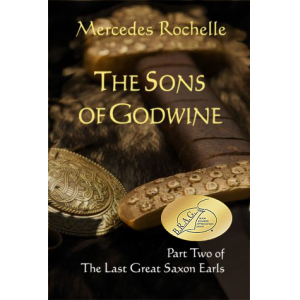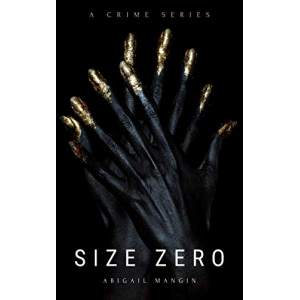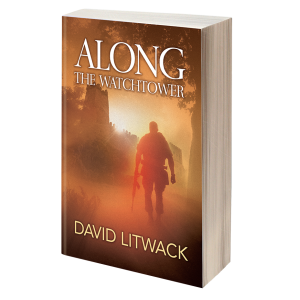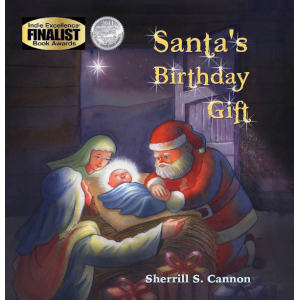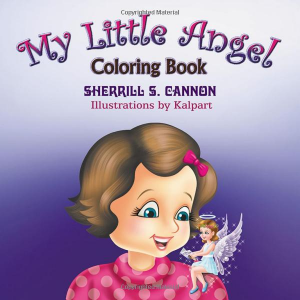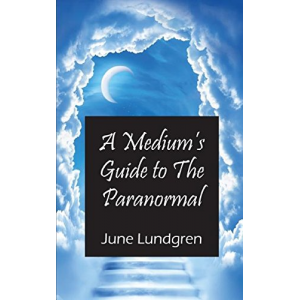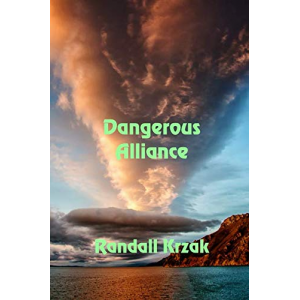- Author
- Book
- Story behind the book
- Media Links
- Reviews
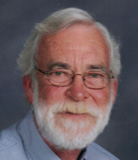
Joe A. Moreland
About
Born in Hermiston, Oregon in1943, Joe A. Moreland spent most of his childhood years living in and aroundthe Coast Range of Western Oregon. He attended Oregon State University andearned a Bachelor of Science degree in Physics in 1965. After graduating, hewas employed as a hydrologist with the U.S. Geological Survey. He conductedgroundwater investigations in California and Idaho and served as a supervisoryhydrologist in Idaho and Montana. In 1995, he was selected to serve as theChief of the Ground Water Research Project in the Emirate of Abu Dhabi, UnitedArab Emirates--a cooperative program between the U.S. Geological Survey and theNational Drilling Company of Abu Dhabi. He retired in 1999 and moved to Orange,California with his wife Kay.
For the last 12 years, Joe hasdevoted his free time to civic enterprises including serving as an enumeratorfor the Census Bureau for the 2000 and 2010 censuses, volunteering as a pollworker in 17 local, state, and federal elections, serving on the 2003-2004Orange County Grand Jury, and serving as the President of the Grand JurorsAssociation of Orange County in 2010-2011.
Although the author publishedmore than 35 scientific and technical reports during his career, this book ishis first serious attempt at Creative Nonfiction writing. He has 4 children, 2step-children, and 10 grandchildren who he hopes will enjoy the tales he tellsof his brothers and him living on the rough fringes of society whereelectricity and running water were conveniences not available to those wholived at the end of the road in the late 1940s and 1950s.
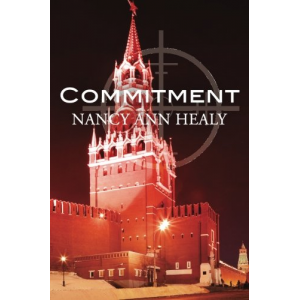
Commitment
Description
<p>It’s hard to be committed to anyone when you don’t know whom to trust.</p><p>Alexis Toles, a former FBI agent turned undercover CIA agent, is quickly finding that out in Nancy Ann Healy’s newest political thriller, <i>Commitment</i>.</p><p>Alex embeds in a secret organization of intelligence operatives known as The Collaborative. Its partners include operatives from the CIA, National Security Agency, FBI, US Department of Defense, and an entanglement of foreign intelligence agencies.</p><p>It’s about half a year after the death of President John Merrow, a friend and someone she respected. But she remains committed to overthrowing The Collaborative as she works with a onetime adversary who believes the organization’s involved in the president’s death.</p><p>Meanwhile Alex; her wife, Cassidy O’Brien; and Cassidy’s son try hard to live as a family but must first overcome personal struggles, including a nasty custody battle with Cassidy’s ex-husband, Congressman Christopher O’Brien. The family has their own share of secrets that, if unleashed, could affect their hopes for the future.</p><p>There’s no place to turn without discovering people who are not who they claim to be. That can’t stop Alex. She must remain committed to the cause, both at home and as she works against The Collaborative.</p>
Story Behind The Book
One of the biggest regrets of my life is the fact that I had very little interest in my family history when I was young. By the time I became curious about the lives of my ancestors, most had passed on. I can recall a few tales like the mysterious circumstances of my maternal grandfather’s murder at the hand of his brother-in-law (ruled an act of self defense by a sympathetic jury), but I never thought to seek more information about any of my relatives. I played “Blue Bells of Scotland” on my trumpet for an aging great aunt when I was 12 years old. Even though I knew she was born on the Oregon Trail, I never asked her a single question. But today, I would give anything to hear her tell tales about living among Native Americans and carving a life out of the wilderness that was then the Oregon Territory. My primary motivation for writing this book was to leave a chronicle of my younger years in case any of my grandchildren ever want to know how I lived as a young boy. I hope they find some of my anecdotes enlightening and interesting. This book is for them, should they ever wonder about their family history.
Media Links
Reviews
<span style="font-size:12pt;font-family:'Times New Roman', serif;">This is a great read. I began this book already reading three books and this is the one I could not put down. Joe Moreland’s memoir is about growing up in the Pacific Northwest in the 50s and 60s. Life was not easy but the family stayed together and weathered the storms. A story of inspiration, humor and love. Although I grew up in the south, the life Joe described following World War II reminded me of my own childhood during this same time. <em>A Place to Lay My Head</em> is a memoir written for Joe’s children and grandchildren but it is as imaginative and intriguing as a work of fiction. For anyone interesting in writing their own memoir or stories from their childhood, this is a good guide.<br /><br /></span>
